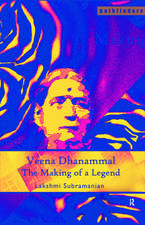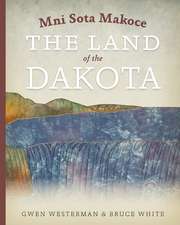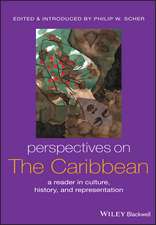Argonauts of the Western Pacific: An Account of Native Enterprise and Adventure in the Archipelagoes of Melanesian New Guinea
Autor Bronislaw Malinowskien Limba Engleză Paperback – 12 oct 1978
| Toate formatele și edițiile | Preț | Express |
|---|---|---|
| Paperback (3) | 150.01 lei 22-36 zile | +31.97 lei 6-12 zile |
| Taylor & Francis – 4 apr 2014 | 150.01 lei 22-36 zile | +31.97 lei 6-12 zile |
| Must Have Books – 17 mai 2022 | 207.94 lei 38-44 zile | |
| Taylor & Francis – 12 oct 1978 | 622.70 lei 43-57 zile | |
| Hardback (1) | 707.30 lei 43-57 zile | |
| Taylor & Francis – 12 oct 2015 | 707.30 lei 43-57 zile |
Preț: 622.70 lei
Preț vechi: 732.59 lei
-15% Nou
119.15€ • 124.74$ • 98.59£
Carte tipărită la comandă
Livrare economică 07-21 aprilie
Specificații
ISBN-10: 0415090946
Pagini: 620
Dimensiuni: 138 x 216 x 45 mm
Greutate: 0.71 kg
Ediția:Revised edition
Editura: Taylor & Francis
Colecția Routledge
Locul publicării:Oxford, United Kingdom
Recenzii
Cuprins
Notă biografică
Bronislaw Malinowski (1884-1942), author of Argnonauts of the Western Pacific (1922) is still regarded as a pioneer anthropologist. Lecturing in both the UK and USA before and after the outbreak of the Second World War, he established himself as one of the most important anthropologists of the twentieth century.
Descriere
Bronislaw Malinowski's pathbreaking "Argonauts of the Western Pacific" is at once a detailed account of exchange in the Melanesian islands and a manifesto of a modernist anthropology. Malinowski argued that the goal of which the ethnographer should never lose sight is 'to grasp the native's point of view, his relation to life, to realise his vision of his world.' Through vivid evocations of Kula life, including the building and launching of canoes, fishing expeditions and the role of myth and magic amongst the Kula people, Malinowski brilliantly describes an inter-island system of exchange - from gifts from father to son to swapping fish for yams - around which an entire community revolves.
A classic of anthropology that did much to establish the primacy of painstaking fieldwork over the earlier anecdotal reports of travel writers, journalists and missionaries, it is a compelling insight into a world now largely lost from view.
With a new foreword by Adam Kuper.

















